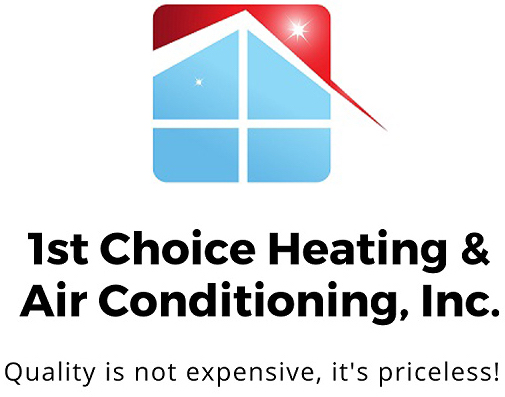
Have you ever performed a double take when you checked your last energy bill? Even though high energy bills can be the result of intense weather events, consistently high bills can quickly suggest an inefficient HVAC system or your home is misusing energy by other means, such as drafty windows or insufficient insulation.
An easy way to figure out whether your home is using too much energy is by hiring a home service specialist to perform a home energy audit, also referred to as a home energy assessment. Keep reading to learn more about home energy audits, including what they are and their key elements.
What Is a Home Energy Audit?
An energy audit is a comprehensive inspection of how much energy your home consumes and whether – and where – your home may be losing or wasting energy. An inspector will go through past energy bills during an energy audit to figure out where energy is being wasted and how much.
The ultimate goal of an energy audit is to help homeowners save money on their energy bills by suggesting energy-efficient renovations, which might include swapping out your existing HVAC system, installing new insulation, closing up leaks, or replacing loose windows.
During the energy assessment, the auditor also completes an inspection of the outside and inside of your home. The auditor performs a blower door test on doorways, windows and fireplaces to figure out if there are air leaks in your home. They’ll also check your home’s HVAC system, as well as the ductwork, the water heater, and the insulation in your attic. Some assessments could also include checking your current lighting system.
Benefits of a Home Energy Audit
It can be hard for the typical homeowner to be sure how efficient their home is in comparison to other similar homes in their community. However, local energy companies often offer information about where your home ranks when compared with similar homes and whether it’s more efficient, about average, or inefficient in contrast with your neighbors’ homes. This could be a useful starting point to determine if you need an energy audit performed.
Several of the benefits of a home energy audit include:
Recognizing How Efficient Your Home Is
It’s beneficial to learn more about how efficient your home is and where you’re using up the most energy. For example, if your ducts are leaking air, it will result in a sizable increase in your energy bills and increased wear and tear on your HVAC system as it has to run longer to properly heat or cool your home.
Making Energy-Efficient Upgrades
An energy audit can reveal where you need to make energy-efficient upgrades to save on energy and decrease utility bills. This may include replacing old weatherstripping or installing a new energy-efficient furnace.
Enhancing Health and Safety
Enabling air to seep into your home through doors and windows, or due to a lack of insulation can cause unwanted moisture to form, which can negatively influence your home’s humidity levels or produce mold. This can lead to health problems, particularly for people suffering from asthma or allergies.
Adding to Your Home’s Retail Value
Energy-efficient homes are sought after by homebuyers. You can sell your home much faster or for more money by demonstrating to possible buyers that it’s energy efficient.
How to Do an Energy Audit of Your Home
Although handling an energy audit on your own might not be as comprehensive as calling a professional, it’ll offer a general idea of how energy efficient your home is. If you don’t discover any problems during the DIY test, then you likely don’t need to hire a professional. Try this step-by-step checklist:
- Examine your HVAC system. Damaged ducts can lose as much as 20% of conditioned air, resulting in steeper energy bills and increased wear and tear on HVAC equipment. If you find leaks, use duct tape to plug them. If your HVAC equipment is old and inefficient, upgrading to a new system can save you a substantial amount on your energy bills. In some cases, it is better to contact a reputable HVAC company to inspect your system.
- Check for air leaks. Air leaks on average can increase your energy bills by 10 to 20%. Inside, look for air leaks in areas where there is a draft, such as along the edge of flooring and along baseboards and electrical outlets. Outside, you can look for air leaks in the home’s foundation, siding and mortar. Plug, caulk or seal any air leaks to save money.
- Inspect insulation. If your home is older, it could mean your insulation is too. If you can see the joists, you likely need more insulation.
- Check ventilation. Make sure that all of your kitchen and bathroom exhaust fans are spinning properly, and inspect for evidence of rot or moisture.
Contact 1st Choice Heating & Air Conditioning for a Professional Energy Audit
If you want professional help determining how energy efficient your heating and cooling equipment is, call the HVAC professionals at 1st Choice Heating & Air Conditioning today. We’ve proudly serviced the residents of Mission Viejo with quality home services for many years. Contact us today to request an appointment.
